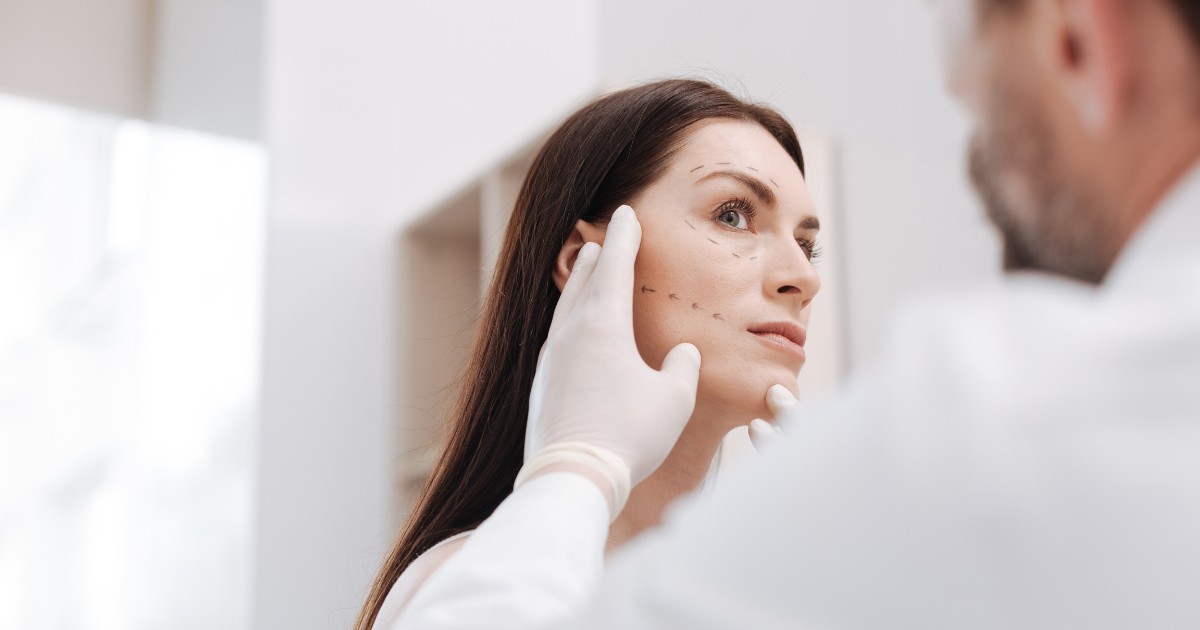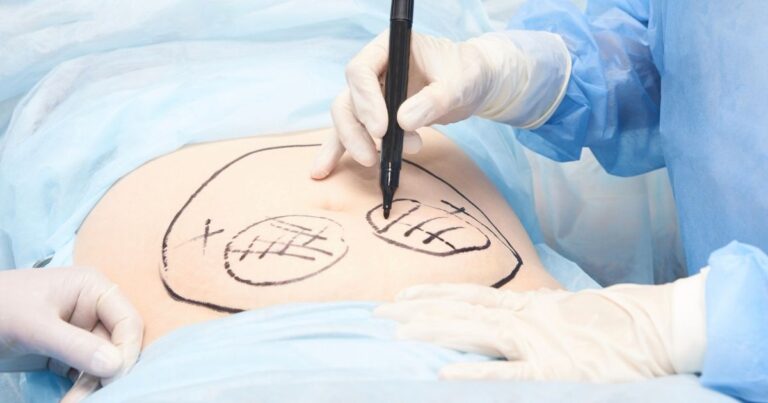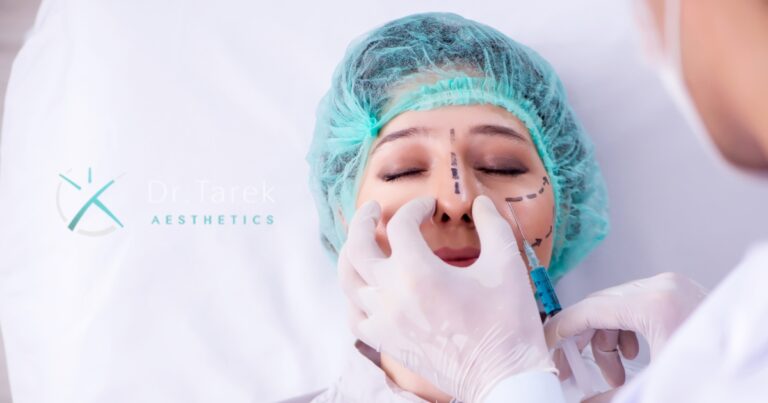Mechanics of Aesthetic Surgery is about how doctors use special tools and techniques to change the way people look to make them feel better about themselves. It’s like fixing a car, but instead, they’re fixing parts of a person’s body.
Essential Tools in Plastic Surgery – Dr. Tarek’s Guide
Introduction
Plastic surgery is a field that combines artistry with scientific precision to enhance physical appearance and restore function. Dr. Tarek, a renowned plastic surgeon, leverages his extensive expertise to provide patients with exceptional care and transformative results.
What Tools Do Plastic Surgeons Use?
Plastic surgeons utilize a variety of tools, from basic surgical instruments to cutting-edge technology, to achieve the best outcomes for their patients.
Basic Surgical Instruments in Plastic Surgery
- Scalpels: Essential for making precise incisions.
- Forceps: Used for grasping and holding tissues.
- Scissors: For cutting tissues and sutures.
- Retractors: To hold back tissue and expose the surgical area.
Advanced Technology Used by Plastic Surgeons
- Laser systems: For skin resurfacing and scar treatment.
- Liposuction equipment: To remove excess fat.
- Endoscopic instruments: For minimally invasive procedures.
The Role of Digital Imaging in Planning Surgeries
- 3D imaging software: Allows for detailed surgical planning.
- Virtual reality simulations: Aid in visualizing the final outcome.
The Training and Expertise of Plastic Surgeons
Plastic surgeons undergo rigorous training to master the complex skills required for their profession.
Book A Consultation With Dr Tarek Bayazid
Top-rated Plastic Surgeon For Plastic Surgery in Dubai
Installment Plan Available
Educational Background of a Plastic Surgeon
- Medical degree: The foundational education for a surgeon.
- Residency: Specialized training in plastic surgery.
Specialized Training for Pediatric Plastic Surgeons
- Fellowships: Additional training for working with children.
Dr. Tarek’s Commitment to Continuous Learning
- Regular attendance at conferences.
- Participation in advanced training workshops.
Types of Treatments Offered by Plastic Surgeons 
Plastic surgeons offer a wide range of treatments to address aesthetic and reconstructive needs.
Cosmetic Procedures and Enhancements
- Breast augmentation
- Rhinoplasty
- Liposuction
Reconstructive Surgeries for Congenital Defects
- Cleft lip and palate repair
- Hand surgery
- Burn care
Non-Surgical Treatments in Plastic Surgery
- Botox injections
- Dermal fillers
- Laser hair removal
The Importance of Board Certification
Board certification is a testament to a surgeon’s expertise and commitment to the highest standards of care.
What Board Certification Means for Plastic Surgeons
- Verification of training and skills.
- Commitment to ethical practice.
Dr. Tarek’s Board Certification and Qualifications
- Certified by the relevant plastic surgery board.
- Recognized for his contributions to the field.
Patient Safety and Care in Plastic Surgery
Ensuring patient safety and providing compassionate care are paramount in plastic surgery.
Safety Protocols in Plastic Surgery
- Sterilization of instruments.
- Use of accredited surgical facilities.
Dr. Tarek’s Approach to Patient Care and Safety
- Personalized care plans.
- Adherence to strict safety guidelines.
Before and After: The Impact of Plastic Surgery 
Plastic surgery can have a profound impact on a patient’s life, both physically and emotionally.
Real-Life Examples of Successful Surgeries
- Testimonials from satisfied patients.
- Before and after photos showcasing transformative results.
How Dr. Tarek Transforms Lives Through Plastic Surgery
- Attention to detail.
- Personalized surgical techniques.
Finding the Right Plastic Surgeon
Choosing the right plastic surgeon is crucial for achieving the desired outcome.
Factors to Consider When Choosing a Plastic Surgeon
- Board certification and credentials.
- Experience and specialization.
Why Dr. Tarek Is a Trusted Choice for Plastic Surgery
- Proven track record of successful outcomes.
- High patient satisfaction rates.
Consultation Process with Dr. Tarek 
The consultation is a critical step in the plastic surgery journey.
What to Expect During Your Consultation
- Comprehensive evaluation of your needs.
- Discussion of potential treatment options.
How Dr. Tarek Personalizes Treatment Plans
- Tailored approach based on individual goals.
- Consideration of patient’s overall health and lifestyle.
Conclusion
Plastic surgery is a delicate balance of art and science, requiring a blend of precision tools and skilled expertise. Dr. Tarek’s dedication to patient outcomes and continuous learning ensures that those who choose him for their surgical needs receive the highest standard of care.








